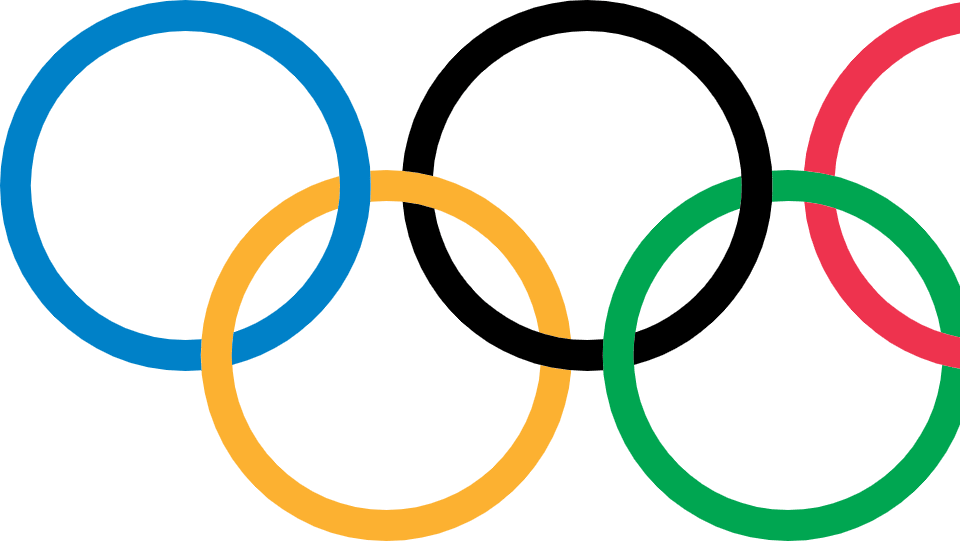The Olympic brand maintains its global strength and recognition
The Olympic brand has maintained its very positive perception among the public, following the successful staging of the London 2012 Olympic Games.

This conclusion follows a major global study conducted by Sponsorship Intelligence (SI), a Publicis company, after the London 2012 Games across 16 geographic markets, as well as research among 12,000 individual respondents.
The Olympic rings remain one of the world’s most widely recognised symbols. When asked, 95 per cent of respondents correctly identified the Olympic rings, which outperformed other key global brands across a range of values, including: “Inspirational”, “Heritage & Tradition”, “Diversity”, “Optimistic”, “Excellence”, “Global” and “Inclusive”.
The results of the survey show that, in comparison to many other global cultural, entertainment or sporting events, the Olympic Games has the highest appeal and awareness ratings among the respondents as a whole, and specifically among young people aged eight to nineteen.
The Olympic Games’ global stature was also underlined by the increase in global TV coverage. Coverage increased from 62,000 hours for Beijing to 100,000 hours for London, with global reach rising from 3.5 to 3.7 billion viewers.
IOC President Jacques Rogge commented: “With the focus of the Olympic Movement shifting towards the next edition of the Games in Sochi 2014, perception of the Olympic Games and the Olympic brand is very positive. The Olympic Games also continue to set broadcast audience records around the world. This trend is particularly evident among young people, which reflects the Games’ relevance in a highly fragmented global broadcasting market.”
Consumer perceptions of the IOC itself were also highly positive, with the governing body considered to be more “modern”, “transparent” and “dynamic” than two years ago. Its strongest attributes were seen as the fact that it is “strict on doping”, “global” and “a leader”.
The International Olympic Committee (IOC) has been undertaking independent research on behalf of the Olympic Movement since 2000.